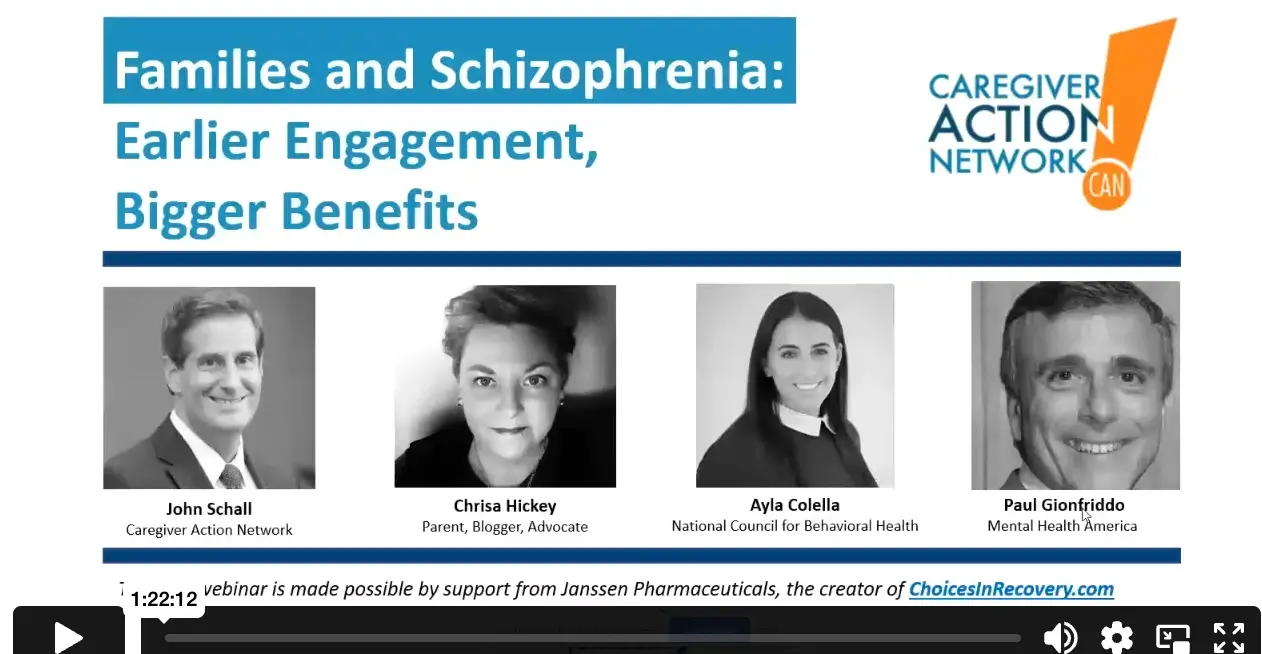Discussing Mental Health with Doctors: A Caregiver’s Guide
Discussing Mental Health with Doctors: A Caregiver’s Guide

Why Effective Communication Matters
When it comes to managing mental health, communication between caregivers and healthcare professionals is critical. Understanding how to convey the right information and ask the right questions can make a big difference in the quality of care your loved one receives. With the typical mental health appointment lasting only 15 minutes, it’s crucial to be well-prepared and advocate for the best possible care.
Preparing for Your Appointment
Proper preparation can help ensure that your loved one’s needs are met during their mental health appointments. Here’s how to get organized before seeing the doctor:
Organizing Information
It’s important to gather all relevant information about your loved one’s mental health prior to the appointment. This includes changes in mood, energy levels, appetite, and any other significant changes since the last visit. Keeping a list of symptoms or behaviors you’ve observed will help you communicate clearly with the healthcare provider.
Creating a Concise Summary
Prepare a brief but comprehensive summary of the key concerns or issues. Focus on changes in behavior, mood, and medication. Also, include any concerns about side effects, new symptoms, or difficulties adhering to the prescribed medication routine.
During the Appointment
Once at the appointment, being engaged and ensuring clear communication is key to getting the most out of the short visit. Here are techniques to help with effective communication:
Effective Communication Techniques
Start by establishing your presence as a caregiver and emphasizing that you’re there to support your loved one’s mental health. Speak clearly and concisely about the key issues you’ve prepared. Use specific examples to explain symptoms or changes, such as, “My loved one has been more irritable and anxious since the last visit,” or “They’ve been having more frequent panic attacks.”
Engaging with the Doctor
It’s important to ask open-ended questions to encourage the doctor to provide detailed explanations. Here are a few examples of what to ask:
- “What side effects should we be aware of with this medication?”
- “Can we discuss the treatment options available for managing anxiety or depression?”
- “Are there lifestyle changes we can implement to support mental well-being?”
Advocacy and Persistence
As a caregiver, you are your loved one’s advocate. Here’s how to ensure they get the best care:
Being an Advocate
It’s important to respectfully advocate for your loved one’s needs. Don’t hesitate to ask for clarifications if something isn’t clear. If your loved one is experiencing negative side effects, bring it up immediately and ask for alternatives. Ensure that the treatment plan aligns with your loved one’s preferences and overall well-being.
When to Seek a Second Opinion
If you feel the care being provided is inadequate or not addressing key concerns, don’t be afraid to seek a second opinion. You should feel confident that your loved one’s mental health is being managed properly.
Understanding Mental Health Professionals
There are various types of mental health professionals, each with different expertise. Knowing the differences can help ensure your loved one is getting the right type of care.
Different Types of Professionals
- Psychiatrists: Medical doctors who can diagnose mental health disorders and prescribe medications.
- Psychologists: Mental health professionals specializing in therapy and counseling but do not prescribe medication.
- Therapists: Licensed professionals trained to provide talk therapy for emotional and mental well-being.
Working with Mental Health Professionals
Once you’ve established care with a mental health professional, regular communication and follow-up are crucial. Ensure that everyone involved is on the same page regarding treatment goals, and make sure to update the healthcare provider about any changes or new symptoms.
Developing and Monitoring a Treatment Plan
A treatment plan outlines the steps and strategies for improving mental health. As a caregiver, your role is to help monitor progress and provide updates to healthcare providers as needed.
Creating a Comprehensive Plan
A comprehensive treatment plan should include medication management, therapy sessions, lifestyle changes, and any other interventions that support your loved one’s mental health. Make sure the plan is achievable and realistic for your loved one’s daily routine.
Tracking Progress
Keep track of your loved one’s symptoms, changes in mood, and response to treatment. Document any side effects or issues with medication adherence. This information will help the healthcare provider adjust the treatment plan as necessary.
Downloadable Medication Guide
Having a medication guide can help caregivers track their loved one’s prescriptions, dosages, and side effects. Our downloadable guide offers an easy way to stay organized and ensures that medications are taken as prescribed.
Features of the Medication Guide
- Track medication names, dosages, and schedules.
- Monitor side effects and record discussions with healthcare providers.
- Update information as medications or doses change.
How to Use the Guide Effectively
Download the guide and update it regularly. Bring it to every doctor’s appointment to ensure your loved one’s medication records are up to date. This tool is invaluable for managing medications and providing accurate information to healthcare providers.
Additional Resources for Mental Health Support
If you need more guidance on mental health management, our additional resources provide valuable information:
Finding Support for Mental Health Challenges
Caregivers often need emotional support too. Joining a support group for caregivers can help you feel less alone and provide opportunities to share experiences and advice. Don’t hesitate to reach out to other caregivers or professionals for help when you need it.
Tips for Proactive Caregiving
Being a proactive caregiver means anticipating your loved one’s needs and addressing issues before they become major problems. By staying organized, communicating effectively, and keeping track of medications and symptoms, you can help ensure that your loved one receives the best possible mental health care.
Additional Resources for Supporting Loved Ones With Mental Health Challenges






